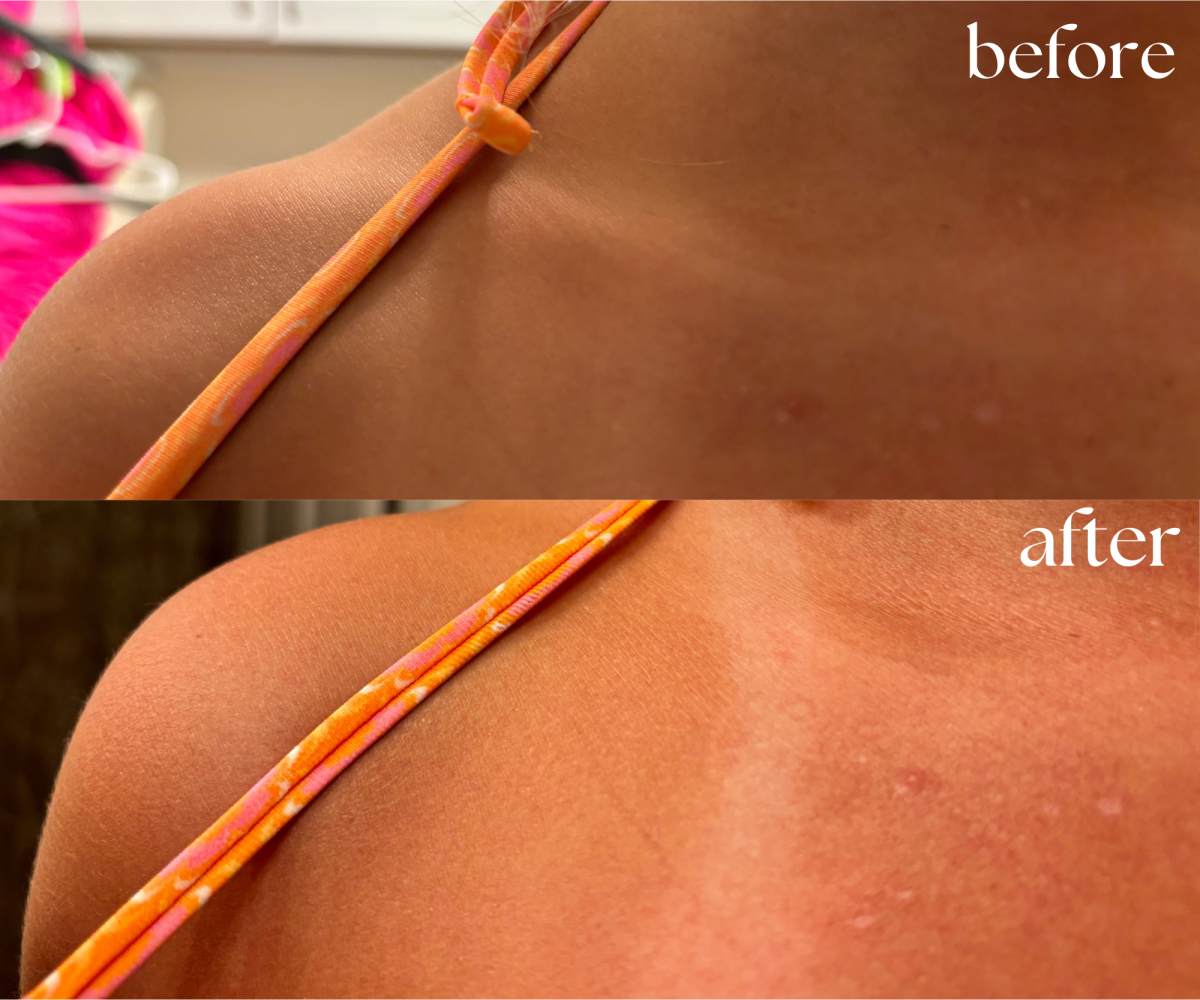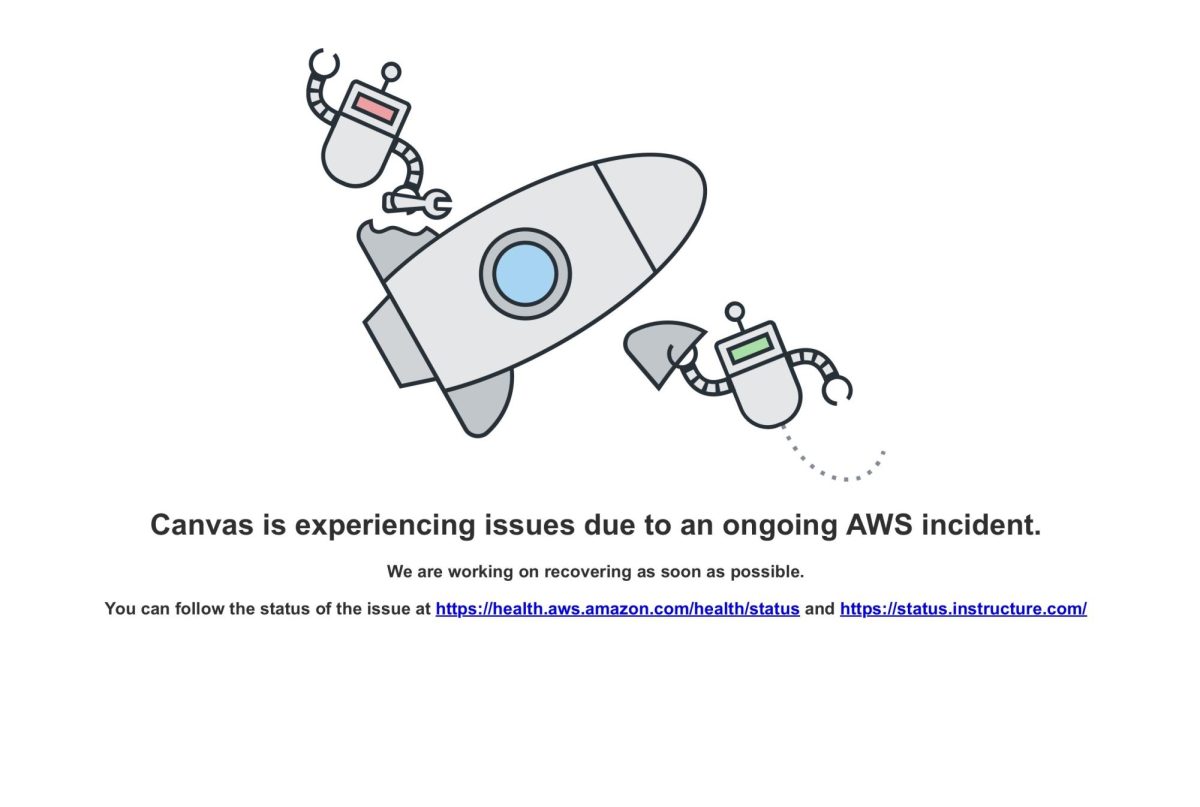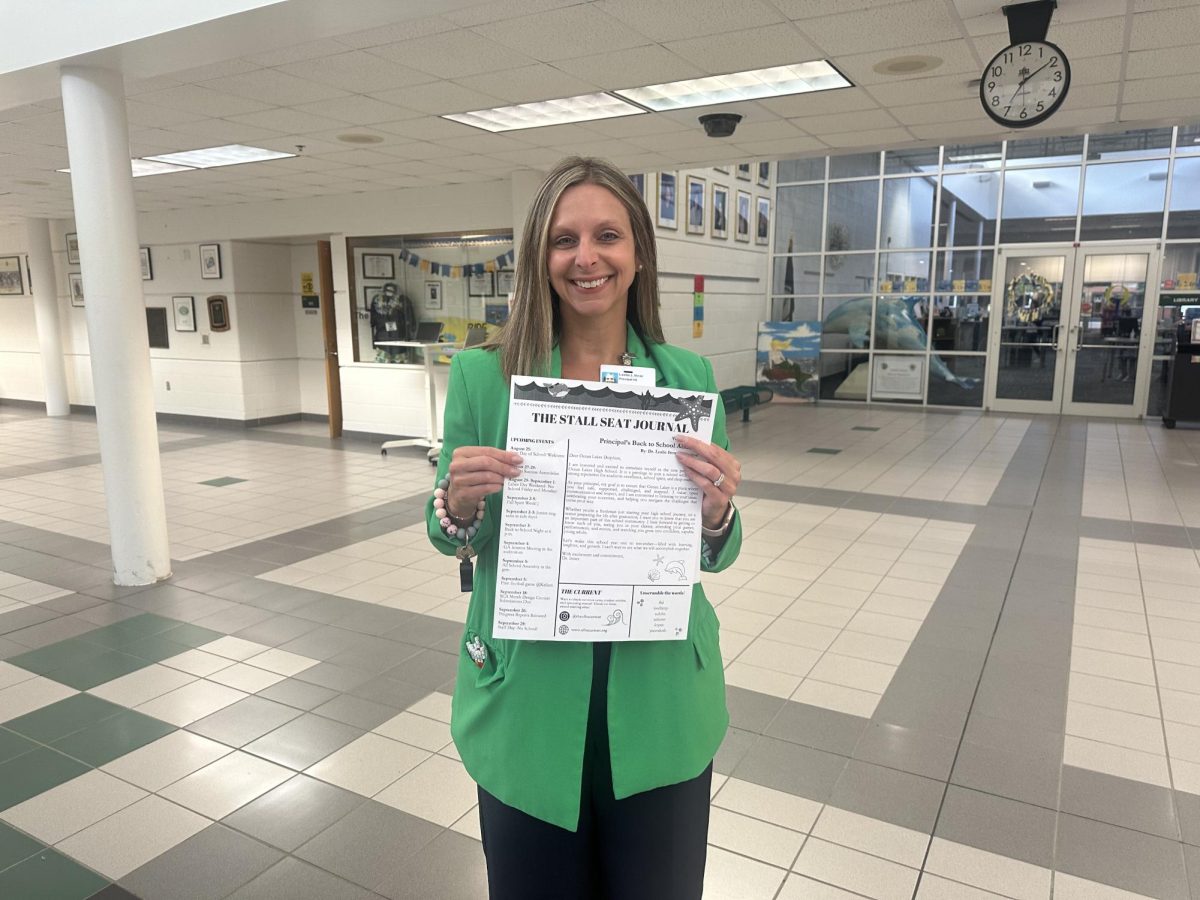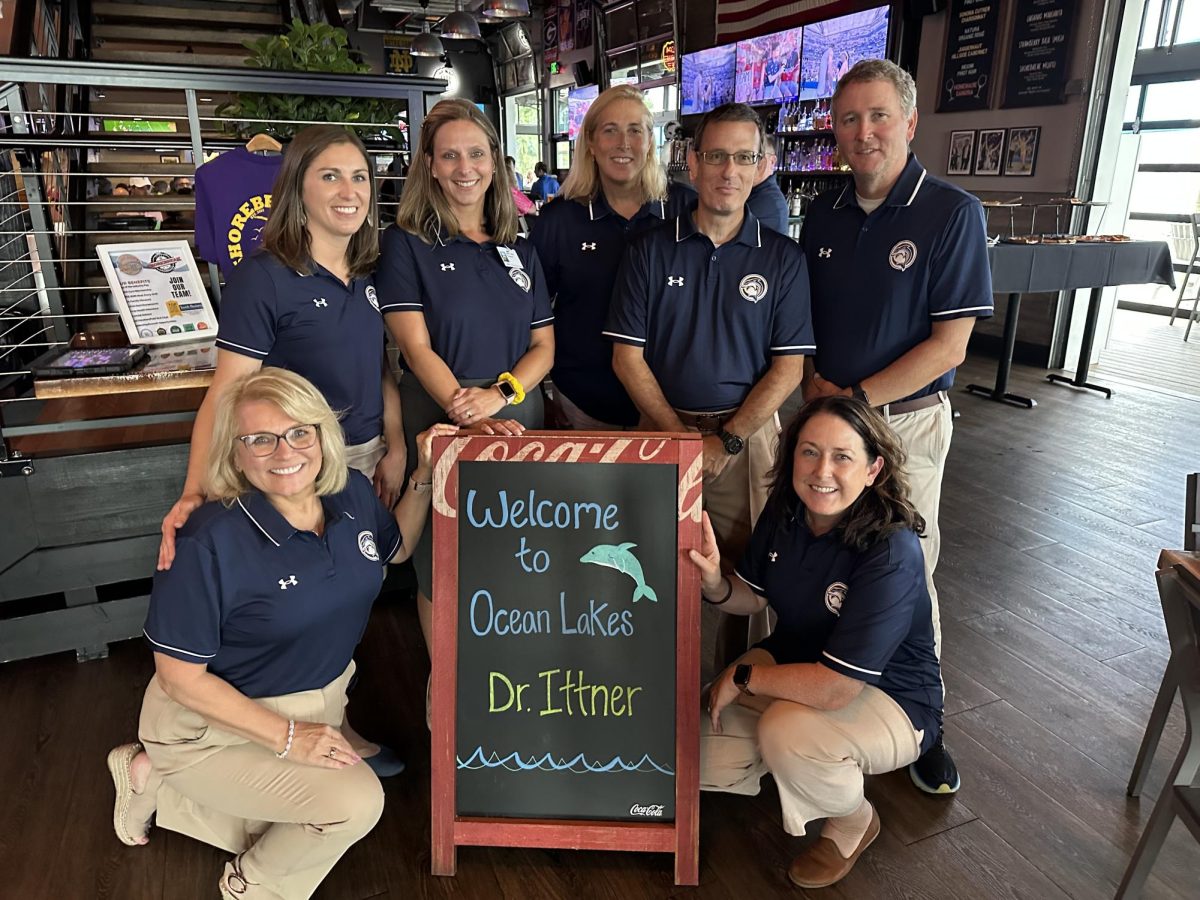The American Cancer Society states that skin cancer is the most common form of cancer in the United States.
Each tan or sunburn damages the skin and increases the risk of skin cancer. More than 1 million skin cancer cases that have been diagnosed in the United States are sun related, according to the FDA.
Tanning beds are no better than laying in the sun. The use of tanning beds before the age of 20 increases the risk of melanoma by 47%, and that rate increases with each use, according to the American Academy of Dermatology.
Other long-term effects of tanning beds and sun tans include aging the skin more quickly, increased visibility of stretch marks and other skin markings and eye damage.
“I tan a lot, and actually I have noticed that tanning does make my skin feel a little damaged,” said junior Savannah Steffens.
More melanin in the skin does not completely protect against ultraviolet (UV) rays. It helps block these rays to a certain extent, which is why people with darker complexions are less likely to burn. However, darker skin can still easily be burnt and damaged by the sun. With that being said, tanning does not protect against sunburn. The more time spent tanning, the more damaged the skin gets, which makes it more prone to sunburn.
“On the soccer team, we always use sunscreen,” said soccer coach Christine Thornton. “If you don’t have any with you, a teammate is always willing to share so that we can help prevent sun damage.”
Factors other than skin tone may affect the amount of damage that skin incurs from the sun; these factors may include family history of skin cancer, certain medicines, location and UV index.
Sunscreen is encouraged for people of all skin tones and ethnicities.
The SPF rating (the percentage of UVB rays blocked by the sunscreen) also factors into the chance of getting burnt. SPF 30 sunscreen can reduce the chance of sunburn by 97%, according to studies done at the University of Alabama at Birmingham.
However, sun tans are never healthy, regardless of how much sunscreen is put on. Tanning oils are no help either. In fact, tanning oils can increase sun damage by attracting UV rays to accentuate the tan, ultimately leading to more damage.
Healthier ways to tan include spray tans and at-home self-tanners. Top-rated self-tanners include Bali Body Self-Tanning Mousse, L’Oreal Paris Sublime Bronze Self-Tanning Water Mousse and Clarins Self-Tanning Instant Gel.
“I know how bad tanning can be for your skin. It can kill your skin cells and put you at risk of skin cancer,” said junior Logan Butler.












